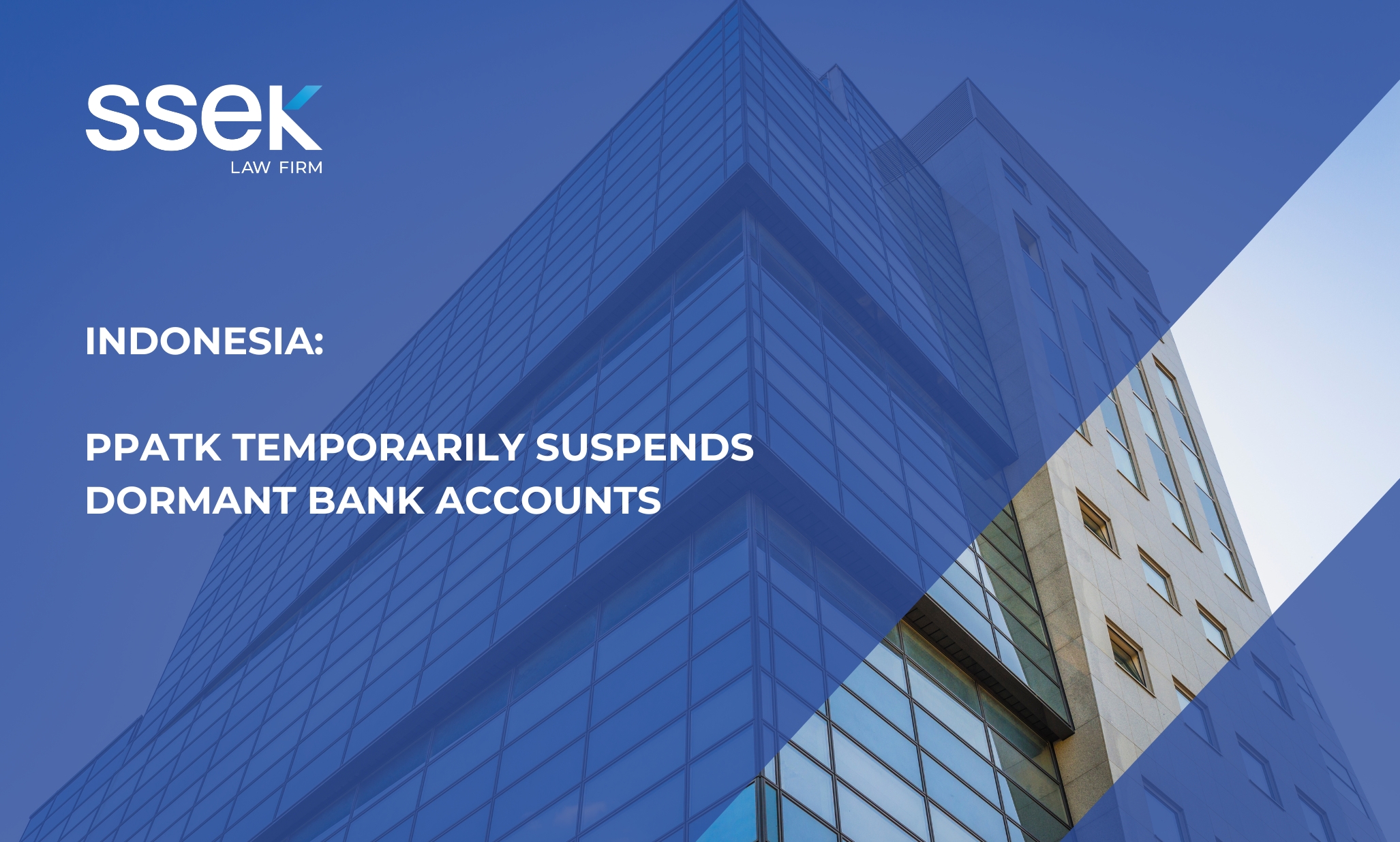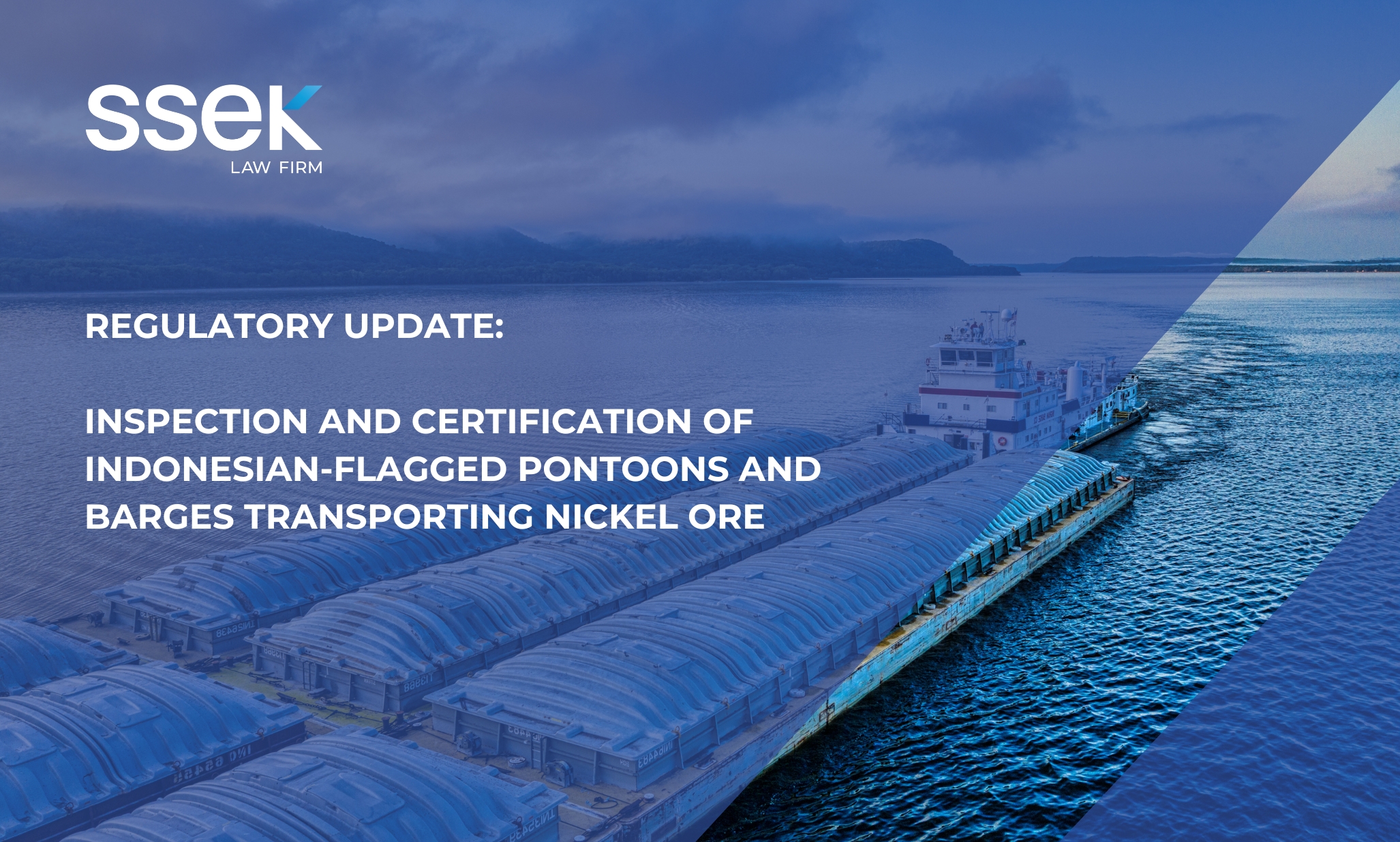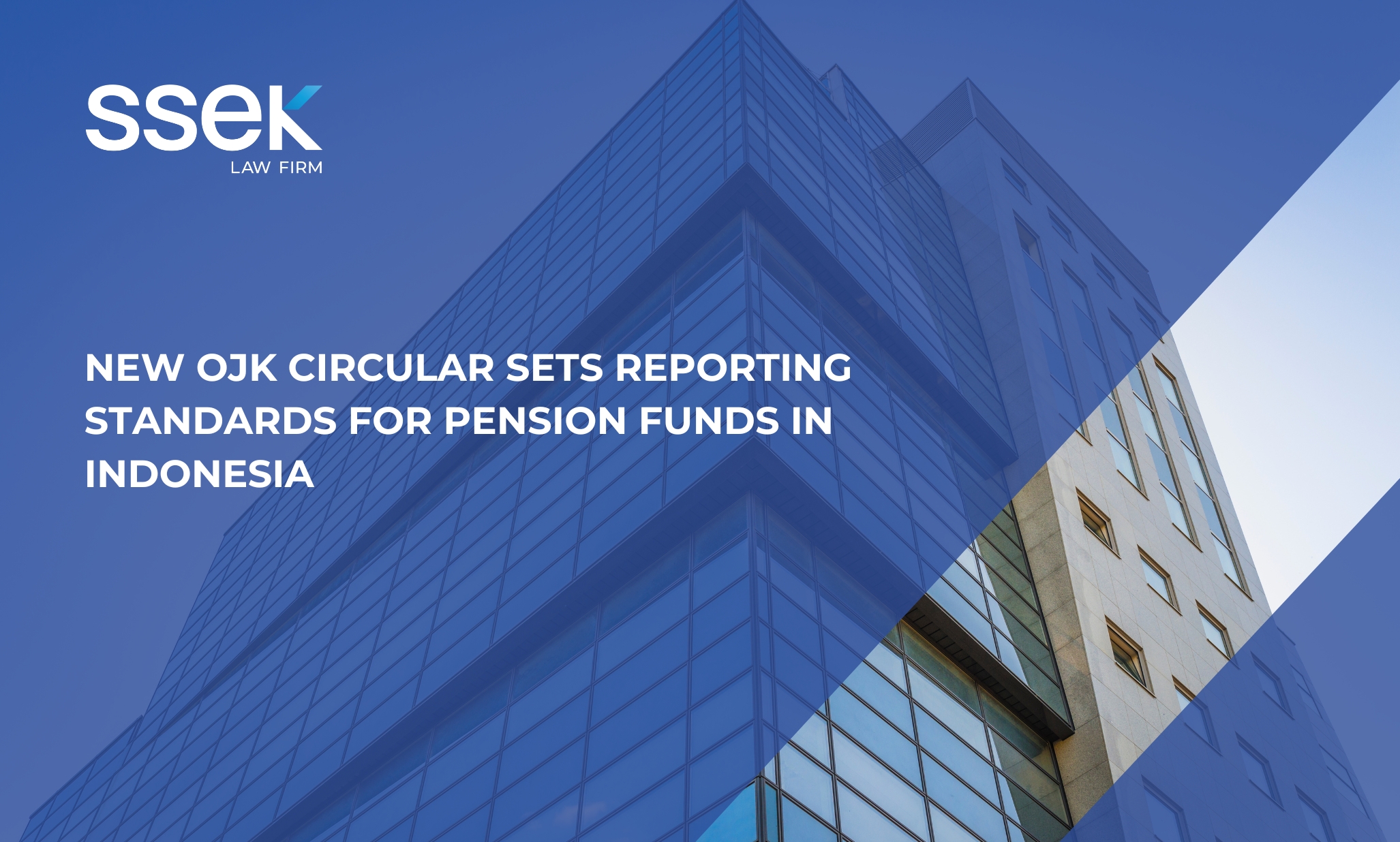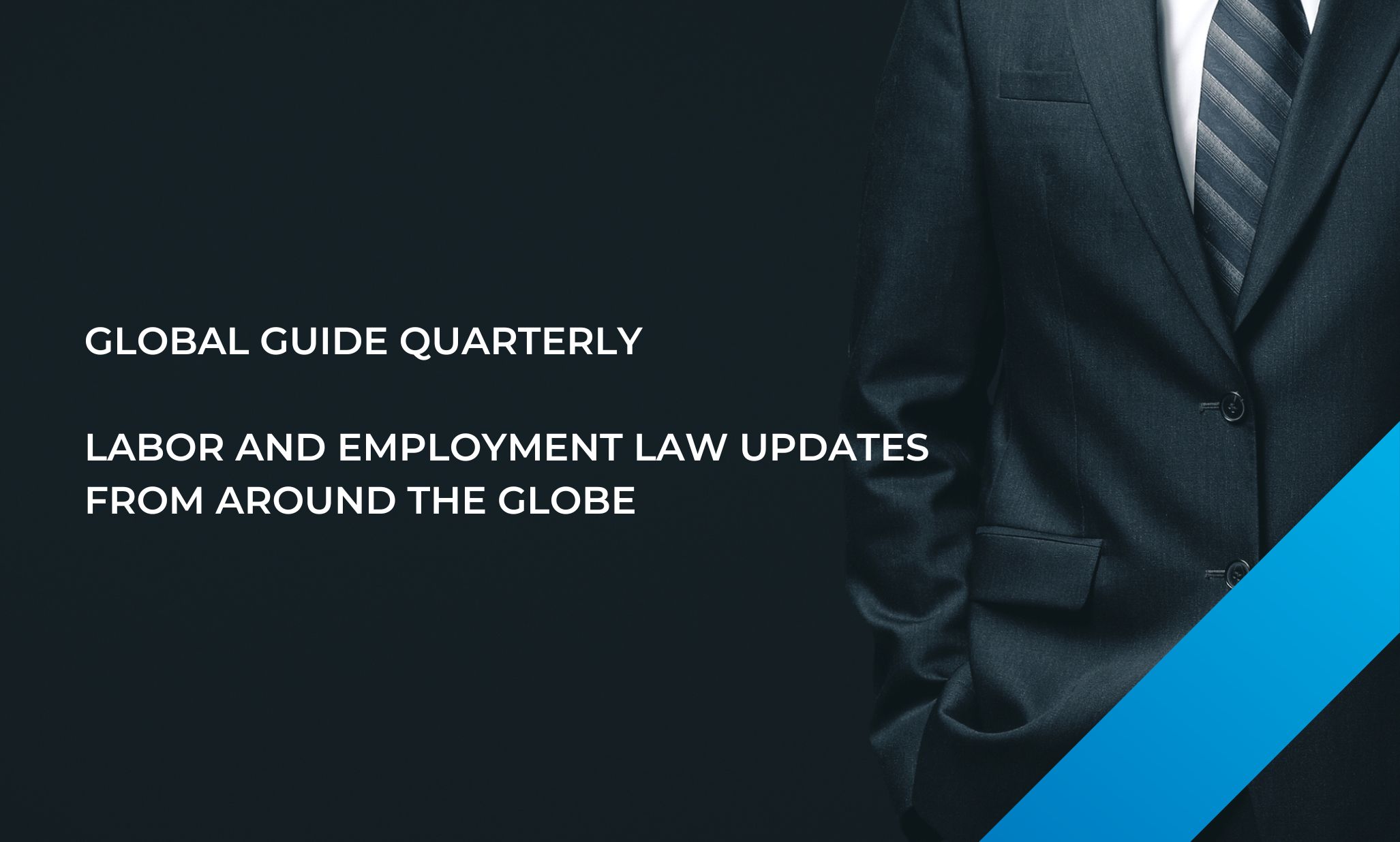


In an effort to curb the misuse of bank accounts, particularly for money laundering and online gambling, the Indonesian Financial Transaction Reports and Analysis Center (“PPATK”) issued a press release on May 18, 2025.
Titled “PPATK Temporarily Suspends Transactions of Dormant Accounts to Protect Public Interest” (No. B/005/HM.05/IV/2025), the statement announced the blocking of approximately 31 million accounts.
According to the press release, published on PPATK’s official website, the agency’s authority to temporarily suspend transactions involving dormant accounts, which are those that have been inactive for an extended period, is based on Law No. 8 of 2010 on the Prevention and Eradication of Money Laundering Crimes (“Law 8/2010”).
PPATK’s Legal Basis to Temporarily Suspend Dormant Accounts
PPATK’s authority to request the temporary suspension of transactions is grounded in Law 8/2010. The key provisions include:
- Article 65(1): “PPATK may request a financial service provider to temporarily suspend all or part of the Transaction as referred to in Article 44 paragraph (1) letter i.”
- Article 44(1)(i): “Request the financial service provider to temporarily suspend all or part of Transactions which are known or suspected to be the proceeds of criminal acts.”
This authority is conditional and may only be exercised if there is a suspicion that the transaction may be linked to criminal activity.
- Article 65(2) further requires that: “In the event that financial service providers fulfill the request of the PPATK as referred to in paragraph (1), the implementation of the temporary suspension shall be recorded in the official report on the temporary suspension of the Transaction.”
No Statutory Definition of ‘Dormant Accounts’ Under Indonesian Law
Indonesian law does not define the term “dormant accounts” or establish a statutory period of inactivity for an account to be considered dormant. In practice, banks apply internal policies, with dormancy thresholds typically ranging from 6 to 12 months without any transactions. However, the exact period may vary, as each bank in Indonesia is guided by its own internal policies in the absence of a statutory standard
Under the relevant provisions of Law 8/2010, it can be concluded that PPATK’s authority to request the temporary suspension of transactions in dormant accounts is legally justified only if there are reasonable grounds to suspect that the accounts are linked to criminal activity. This interpretation is further supported by a statement from PPATK Head Ivan Yustiavandana in the official press release, which emphasized that the measure was taken in response to the potential misuse of dormant accounts by unauthorized parties for unlawful purposes.
However, despite PPATK’s stated legal basis, the mass suspension triggered public criticism. Many of the affected accounts appeared to have no apparent connection to criminal activity. Media reports emerged of individuals losing access to essential savings, such as emergency funds or children’s education accounts.
A member of the legislature also criticized the policy, arguing that it lacked sufficient public outreach and failed to clearly communicate the criteria and conditions for account suspension. Nailul Huda, an economist at the Center of Economic and Law Studies (CELIOS), echoed these concerns, highlighting the burden placed on consumers, including direct costs such as transport and time, as well as indirect losses caused by delayed transactions.
Policy Reversal
On July 30, 2025, amid growing criticism, Indonesian President Prabowo Subianto held a meeting with the PPATK head and Bank Indonesia Governor Perry Warjiyo. The next day, PPATK announced the reopening of millions of accounts. Although officials declined to confirm the meeting’s agenda, the sequence of events suggested presidential intervention in the policy reversal.
Conclusion
While Article 65 of Law 8/2010 grants PPATK authority to suspend transactions linked to suspected criminal activity, the blanket suspension of dormant accounts, absent individualized suspicion, appears to exceed the law’s intent. The lack of clear legal definitions and procedural safeguards, combined with inadequate public communication, amplified the policy’s negative impact. Going forward, regulatory agencies must balance enforcement powers with transparency, due process, and public trust.
This article was prepared with the assistance of Arya Irfan Sasongko.
This publication is intended for informational purposes only and does not constitute legal advice. Any reliance on the material contained herein is at the user’s own risk. All SSEK publications are copyrighted and may not be reproduced without the express written consent of SSEK.









